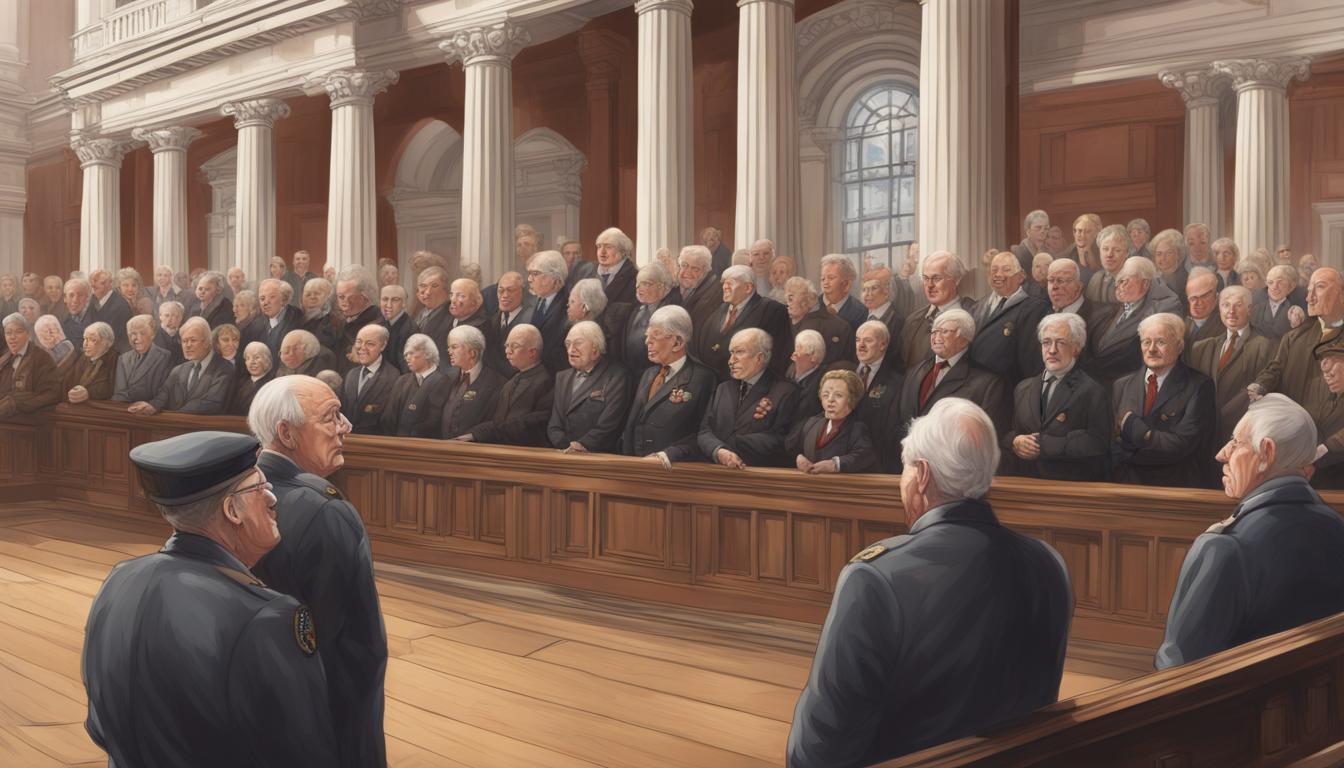Former British army veterans connected to the deaths during the Troubles will not face prosecution, as ongoing debates about the legacy act and its impact on justice continue.
Two former British army veterans connected to the deaths of a 14-year-old girl and an unarmed man in Derry during the Troubles in 1971 will not face prosecution. The Public Prosecession Service (PPS) has stated that the lack of sufficient evidence and the ineffective initial investigations have made it impossible to pursue a case. This decision comes in the midst of the implementation of the Northern Ireland legacy act, which halts historical prosecutions against aging veterans.
The law has been the subject of considerable debate, particularly due to concerns about its impact on the victims’ families’ pursuit of justice. Some families are considering appealing to the European Court of Human Rights against the imposed legal deadline.
In related events, final hearings of legacy inquests across Northern Ireland are concluding before a legislatively mandated cutoff on May 1. These inquests examine various incidents during the Troubles, including alleged shoot-to-kill policies by the Royal Ulster Constabulary. However, difficulties have arisen, such as withheld sensitive evidence, which has further fueled calls for public inquiries. Despite the setbacks, families of the victims remain resolute in their quest for truth and accountability.
At the political level, the UK and Irish governments have engaged in discussions regarding these new laws at the British-Irish Intergovernmental Conference. Meanwhile, the Northern Ireland Secretary Chris Heaton-Harris expressed confidence in the resilience of the UK-Irish relationship to address the disagreements stemming from the legacy laws.
Starting May 1, the Independent Commission for Reconciliation and Information Recovery (ICRIR) will take over unresolved cases from the Troubles. The new commission will have police powers to conduct investigations and will aim to facilitate support for victims and their families. While the legacy laws and the establishment of the ICRIR have been controversial, officials remain hopeful about finding a path forward that addresses the complex legacy of the Troubles in Northern Ireland.













